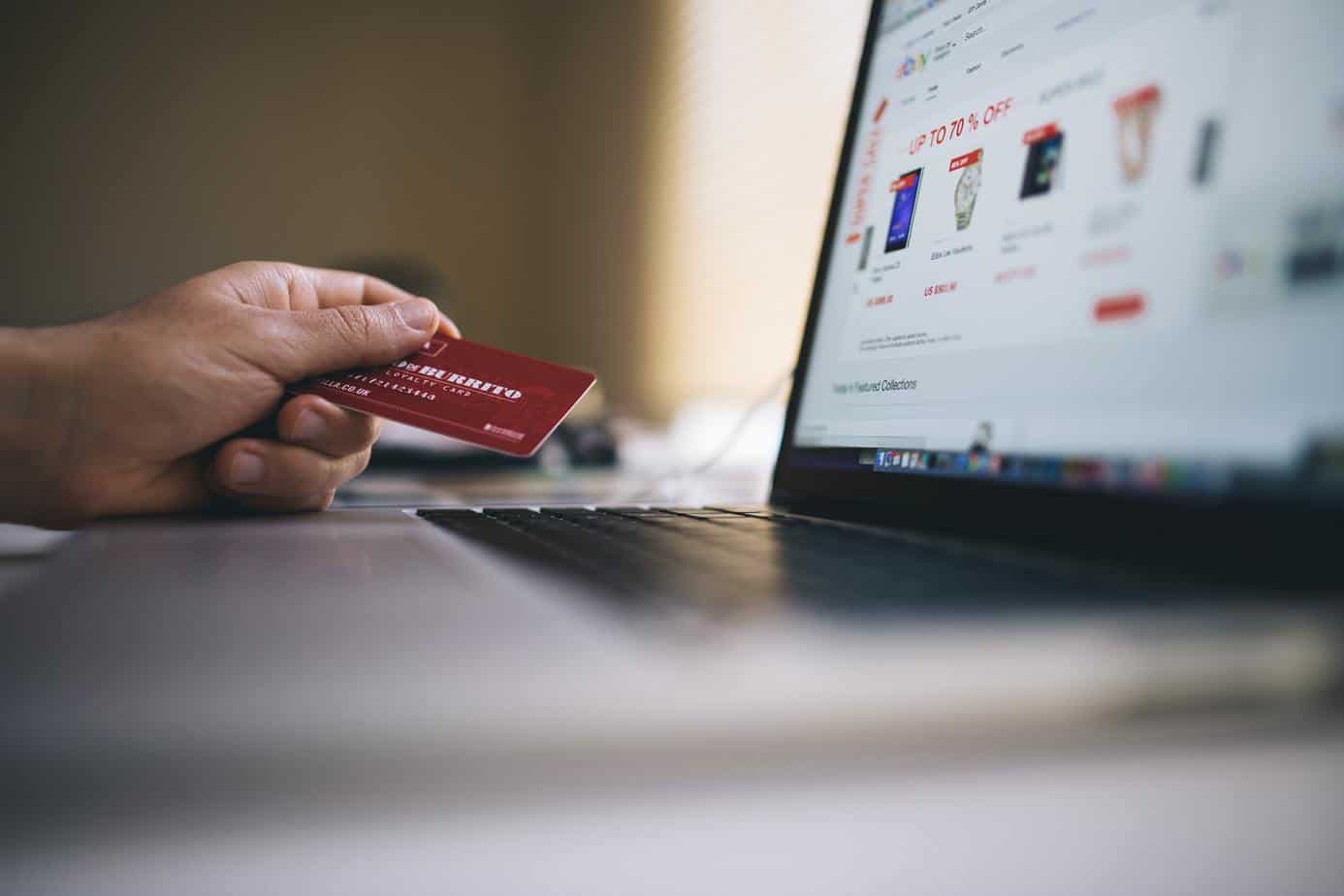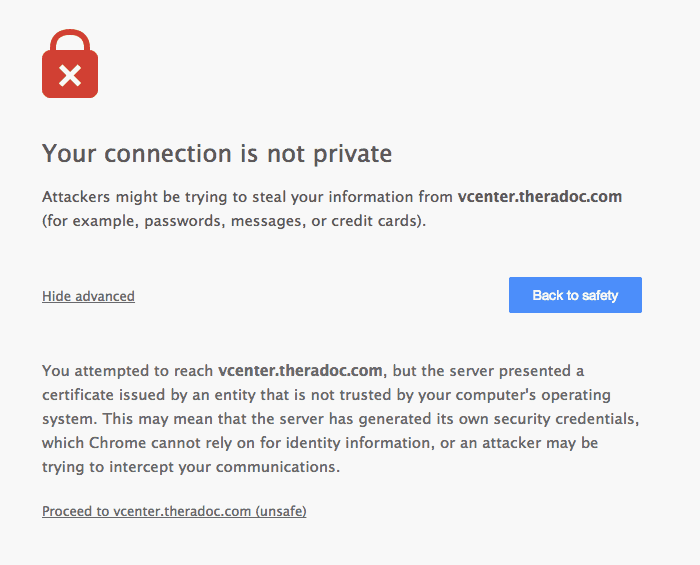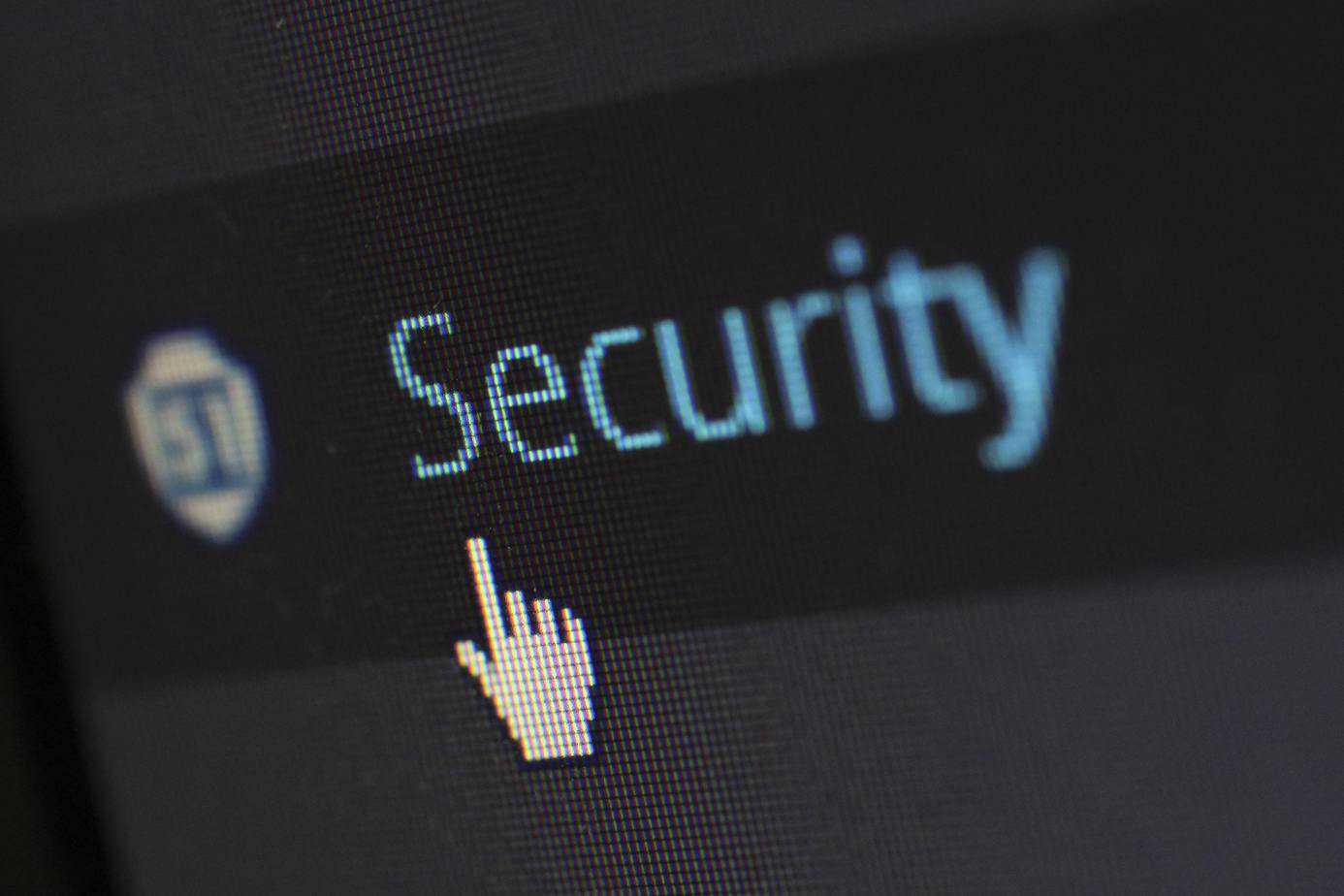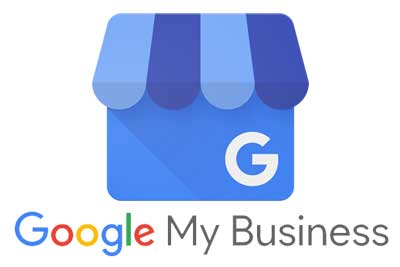Anyone who has used their credit card to purchase something online probably has some clue about the value of SSL encryption, but did you realize that now, more than ever, it’s vital for all websites to use this safety feature?

SSL (Secure Socket Layer in case you were wondering) certificates first came on the scene to ensure that private information such as credit and debit card data remained private. The privacy-protecting security measure is now something you must consider for any website, whether you take payments or collect other private data or not.
It turns out there are plenty of reasons to get all of your websites secured with SSL and we’re going to look at the big ones. Keep in mind, some may not pertain to you directly, but most will!
Searchability
Google announced two years ago that all websites must have SSL by mid-2018 or face being labeled “insecure.” A big part of Google’s algorithm, including when they make major changes, is focused on providing search results that are the most relevant to the user.

Google has shown since 2014 that secure sites are deemed more relevant. We don’t think you have to worry about Google purposefully punishing insecure sites in the search rankings, but you can be sure that security will be a tiebreaker!
Trust
Remember what we said about Google labeling sites without a SSL certificate as insecure? We’ve already seen it happening with sites that have let their SSL certificates expire. Sometimes it’s as simple as the browser window warning you that the site is not secure. Other times, users will get a screen that warns them not to proceed and they have to go through extra steps to access the website.

Rest assured, no customer is going to continuously click through a bunch of extra steps just to access your website. Worse, many will not feel comfortable visiting a site that is labeled as insecure.
If you want your customers, both current and potential, to trust you, your site must be secure.
Protection
SSL certificates were first used for e-commerce sites and others that stored valuable, private information. It seems that those types of sites are no longer the only ones that face hackers. Simple features like your log-in information are now fair game for hackers to show interest in cracking.
Appropriate security measures such as SSL and using strong passwords will better protect your site from being infiltrated with bad code or even nefarious links.
Functionality and usability

Do you ever have someone use information from your site? If your website is as informative and helpful as it should be, that’s a likely scenario. Or, someone might have a reason to use part of your site in an iframe at one point or another. If your site does not use SSL, that will easily break the iframe. That will make both them and you look bad because it’s your site that appears broken.
Website Loading Speed
Once you have an SSL certificate installed on your site, you might be able to use HTTP/2.
HTTP/2 is a new standard for how you send information between your websites server and the computers that are visiting it. It isn’t supported by all hosting companies but if you’re hosting with us or another high level provider they should have it enabled.
How much it will help your site speed up depends on many factors. We usually see an increase of about 10% to 15%. Your site load time can have a huge impact on the number of people who stay on your site, and 15% can be enough to make a big difference.


 Guide: How to Setup Google My Business Account
Guide: How to Setup Google My Business Account
Leave a Reply